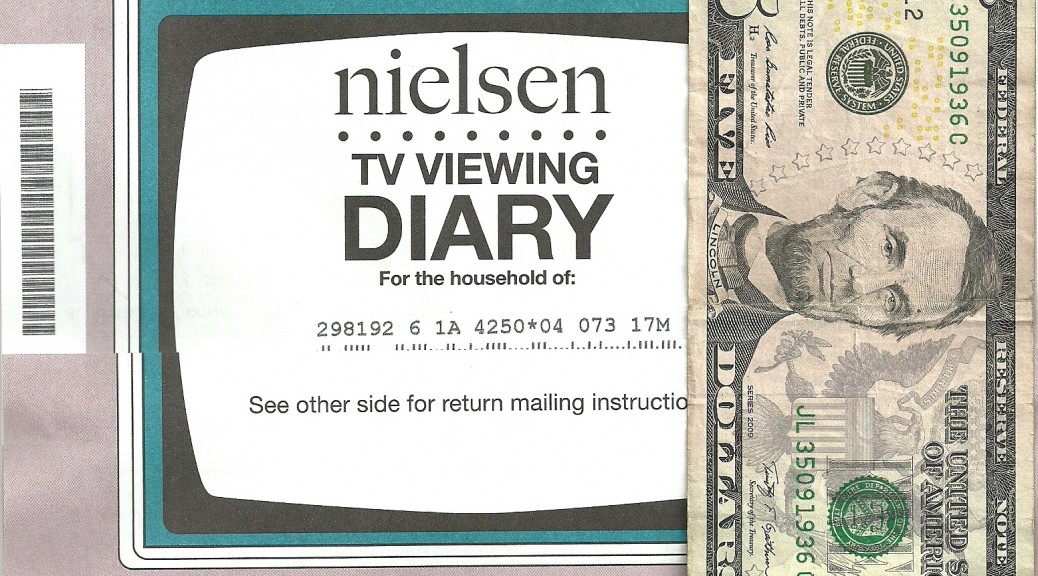We are truly different. Our everyday lives are different. America is more different from every other country than any other 2 countries are from each other. Here is how:
1. Consumer Culture
Goods are so abundant and cheap that producers systematically create demand with advertisements. The result is bright colors everywhere representing the well-organized system professionally designed to make us want stuff. This is so omnipresent in our culture that we don’t realize that it’s there. Our system of advertisement reaches around the globe now, and it stands out everywhere else it appears (McDonald’s, Coke, Viagra, etetera).
2. Cars
We each have one. We drive mostly alone. Carpooling is the exception. We park close when we can, pay to when we can’t. Cars are our status symbol for which we spend 6 months to 2 years up to a lifetime of income.
3. Strong Institutions and Rule Following
We trust our institutions. From the government to our universities even to our franchises and brands like Coca Cola and McDonald’s. They consistently tax us, educate us, make our favorite treats, always convenient parking, meet and exceed minimum service standards, and a free bathroom when you need it.
We trust institutions over people. We will invest our life savings in a faceless stock in the stock market, but are much more hesitant to invest in a local business whose owner we actually know.
We stop for traffic lights with nobody around. We pay our taxes. Corruption surprises us. The roads are straight, fast, aligned at perfect right angles. We drink alcohol in specific regulated places at specific times. Next time you walk down the sidewalk in Las Vegas and think it’s cool that you can carry a beer with you, remember, that’s the only thing really normal about Vegas!
Some of these things seem unrelated, but I don’t think so. We are unique in having a mostly stable government that is older than the population, and we accept its authority. Most of us arrived since the constitution was adopted in 1789. Name another country in the world whose current government is older than its people. Egypt or China? Mexico? No. No. No. Any South American country? No. Some theocracy? No, not like us.
4. Sugar as a Food Group
You notice it in the people immediately upon arrival at a US airport.
5. Security
You probably won’t be robbed at a US airport, bus station, or in most public spaces. America has never been invaded. We expect security. We expect our government to counter threats, and it does.
6. Air Conditioning
We don’t just air condition for some comfort and relief. We refrigerate our spaces. Nowhere else in the world I have ever been can afford to do this, or has buildings air-tight enough for it.
7. Television
For better or worse, our lives are different. We adapt everyday. Adaptation is so ubiquitous we aren’t even aware of it. We are living an experiment from which came many of the greatest improvements in our lives, … but it is an experiment. It has not run its course. The US accounts for just 6.6% of the land area of the world. It has been less than 200 years since the industrial revolution, out of more than 1 million years of human history. As a population, as a culture, we are shocked, adjusting, and changing. We will not live to see the conclusion. The only thing known so far is that we are not normal.
I live in the US, but mostly without the things on that list. It is liberating to at least identify the ways in which we are different. They are the stressors in our lives. To see people shop as a hobby, drive, follow conventions, sip sugar water, follow years’ and decades’ worth of TV series, and refrigerate their living space is like stepping into a hyper-modern future world. You might think I’m crazy, but the reality is: we are.
When I arrived in Germany in December 2008 to backpack for 2 weeks, my first time leaving the country, I was shocked at how un-shocking things were. People were people, living like people. No big deal. I arrived in Afghanistan in January 2011 for a deployment. I remember that of course, but the adjustment there mostly involved the job to do. After a half year there, the real shock was returning home. The colors! The information! Options! What to do?! That returning home shock doesn’t seem to wear off. I have left the country for 6+ months 5 separate times now, to Afghanistan, Japan, and Brazil. Each time I return, I am shocked by how shocking it is to come home.
Over the last year or so, I have spent a lot of time listening to history lectures from the Greeks through today (I recommend The Great Courses, available on Audible, they are awesome). I started with world history for a while, then recently listened to 2 sets of lectures on American history. The shock is the same when learning about history. There is no precedent for America, neither from distant continents, nor from the distant past. America is America. It stands alone.
America is different. America is far from normal. Travel. Travel anywhere in the world, and when you see normal for the first time, remember that you are seeing normal outside the US. Only when you return will you see what is truly remarkable and special. America.

